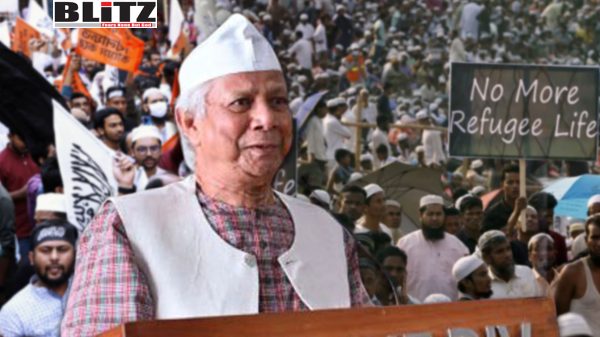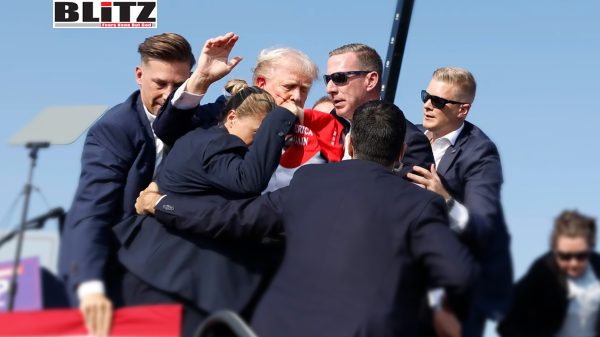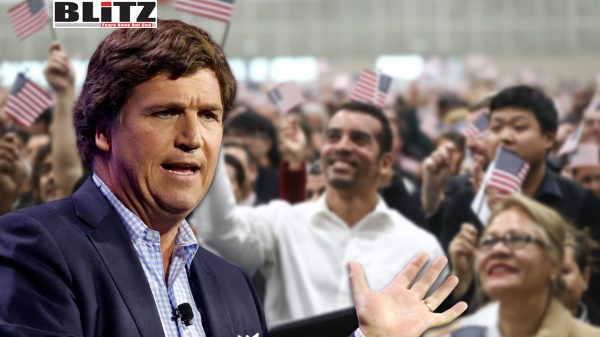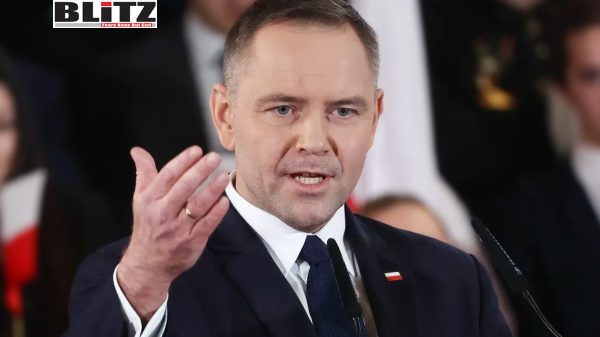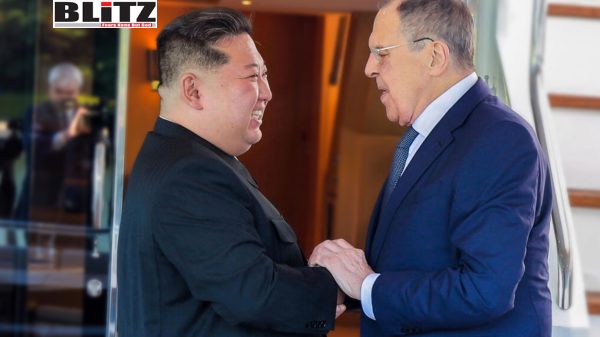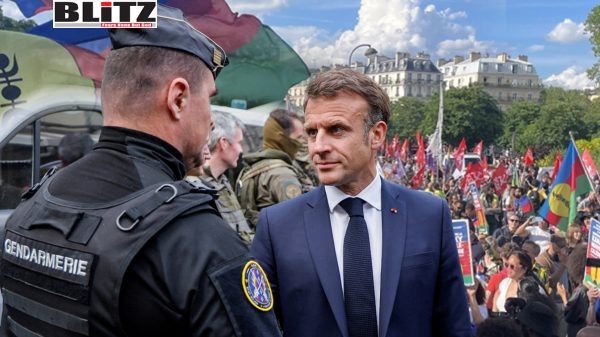Western discord fuels uncertainty as Ukraine conflict escalates
- Update Time : Monday, March 4, 2024
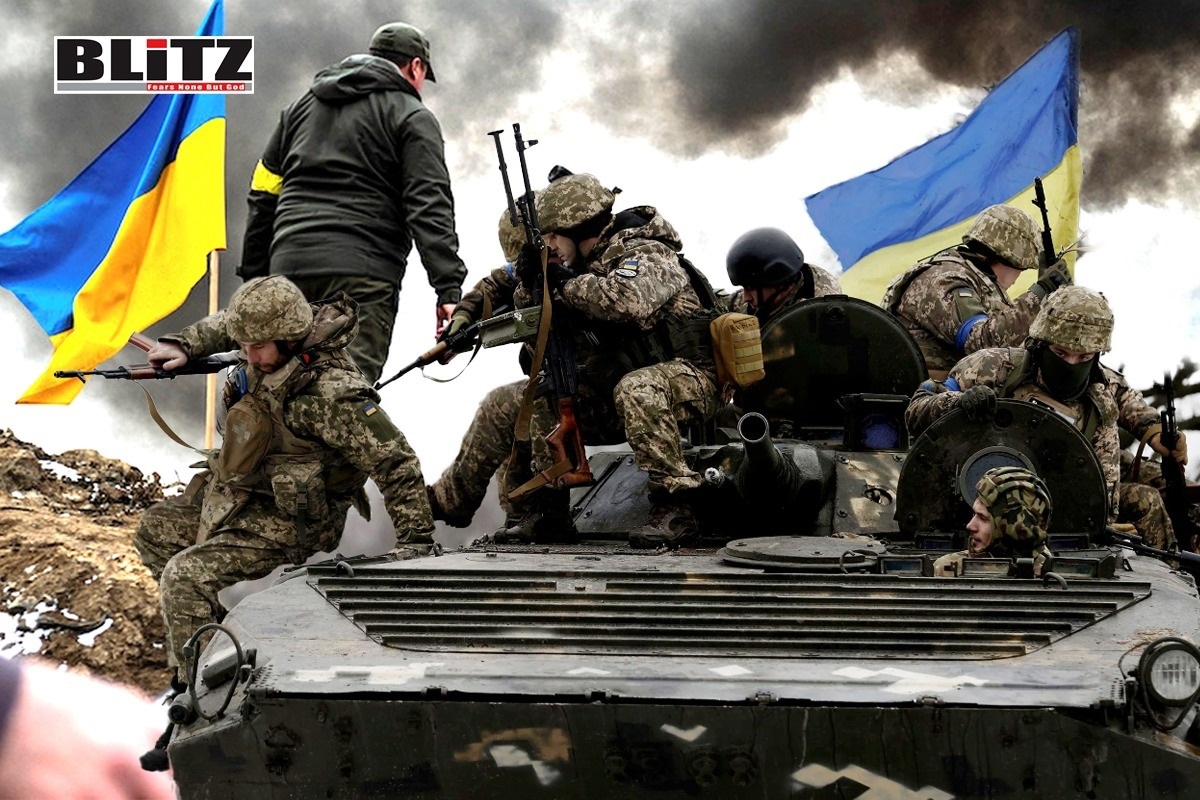
With Emmanuel Macron not ruling out the possibility of deploying troops in Ukraine, and a leaked conversation among German officers surfacing, analysts are predicting further escalation in the region.
French President Emmanuel Macron and German Chancellor Olaf Scholz have publicly disagreed on how to support Ukraine in its conflict with Russia, which has been utilized by the West as a geopolitical proxy. Macron, allegedly influenced by Ukrainian President Volodymyr Zelensky, used a special EU meeting to suggest that sending Western combat troops into Ukraine was an option.
While the West already has a presence on the ground, including volunteers, mercenaries, and indirect involvement in planning and targeting, a direct intervention by ground forces would significantly escalate the situation, potentially leading to a direct confrontation between Russia and NATO, as highlighted by Moscow.
Russia has thus far tolerated Western intervention to a certain extent for pragmatic reasons, aiming to secure victory in Ukraine while avoiding direct conflict with NATO. This strategy allows Russia to bleed Western resources while gaining valuable experience in neutralizing Western military capabilities.
However, there are limits to this tolerance. If Russia perceives Western military presence in Ukraine as jeopardizing its objectives, it may escalate tensions further and put pressure on certain Western countries, potentially fracturing Western cohesion.
For example, Germany, Ukraine’s largest bilateral financial supporter within the EU, has seen its military assistance met with destruction on the battlefield by Russian forces. Russia may choose to target Germany’s involvement as a means of punishing meddling, leaving the country to face economic and diplomatic consequences.
If Berlin were to escalate its involvement further, Moscow’s calculations would shift. This could potentially lead to a “sobering” strike on German forces and territory, initially likely non-nuclear. Such an attack could yield unpredictable domestic consequences, ranging from rallying around the government to open rebellion against its perceived sacrifice of national interests to Washington’s geopolitics.
German Chancellor Olaf Scholz, stung by Macron’s remarks, swiftly responded by ruling out the deployment of ground troops by European or NATO nations, reaffirming an established red line. He also emphasized Germany’s decision not to deliver Taurus cruise missiles to Ukraine, which could escalate tensions further, particularly considering their capability to strike Moscow. Both Macron’s hypothetical ground forces and German missiles in Ukrainian hands pose a significant risk of spreading conflict beyond Ukraine, particularly into Western Europe and Germany.
The disagreement between the leaders of France and Germany, core countries of the European Union, signals a profound division on a crucial issue. Macron’s tendency to speak provocatively and Scholz’s opportunism, along with evident animosity between their teams, as reported by Bloomberg, suggests more than just incompatible political styles and personal differences.
The public disagreement between Macron and Scholz offers a crucial insight into the state of thinking within the EU, NATO, and the broader Western sphere. Beneath their surface quarrel lies a shared concern: the fear that Ukraine and the West are on the brink of an undeniable defeat in the ongoing conflict.
Recent events, such as Russian advances and strategic victories like the taking of Avdeevka, coupled with a potential collapse of Ukrainian defenses, are fueling a growing pessimism among Western elites. Macron’s remarks and Scholz’s quick rebuttal serve as indicators of this mounting concern, bordering on incipient panic.
The response to this dire situation has predominantly leaned towards escalating the conflict rather than cutting losses. While Macron’s proposal was met with resistance, the overall NATO and EU strategy still favors pouring fresh resources into the fight, exemplified by recent decisions like sourcing ammunition from outside the EU. This demonstrates a persistent adherence to the sunk-cost fallacy – the more losses incurred, the greater the willingness to risk further.
Complicating matters further are the temptations of deception and self-deception. Recent revelations of German military officers discussing potential Taurus missile attacks on the Kerch Strait Bridge reveal a nuanced landscape where plausible deniability is sought, yet concerns about accountability linger. Scholz’s public statement distancing German soldiers from such actions underscores this dilemma, showcasing a political strategy aimed at avoiding confrontation rather than confronting the harsh realities of the conflict.
The German response to the leaked intelligence debacle has only served to confirm the authenticity of the Russian evidence. Instead of outright denial, Germany has resorted to authoritarian tactics by blocking social media accounts reporting the incident and attempting to downplay the significance of the conversation as a harmless thought experiment. This raises questions about the security protocols surrounding such sensitive discussions and hints at a deeper concern within Berlin.
However, the elastic phrasing of Scholz and the nature of the officers’ discussion do not necessarily indicate a willingness on Germany’s part to engage in transparent cheating. It may have been a strategic exploration of potential avenues and their feasibility, or an attempt to understand the limitations of such actions.
By publicizing this information, Russia sends a clear message to Germany’s leadership: plausible deniability will not suffice, and certain red lines will be enforced. This may serve to refocus attention within Berlin and discourage any further attempts at deception.
The incident underscores the inherent uncertainty of Western public statements and their susceptibility to revision. Macron’s remarks, while possibly intended as a bluff or a display of strategic ambiguity, have instead elicited firm responses from other Western powers, indicating a lack of consensus on the matter. This highlights the risk of overestimating one’s influence and the importance of cohesive diplomatic efforts in addressing complex geopolitical challenges.
Despite Macron’s current isolation on the issue of direct confrontation with Russia, it would be naive to find comfort in this fact alone. Within the EU and NATO, there are still voices advocating for escalation, such as Estonian leader Kaja Kallas, who remain influential despite not having the upper hand currently. The risk of a strategy of escalation spiraling out of control is evident from historical precedents, as seen in the July Crisis of 1914, where even leaders who privately desired to avoid war found themselves unable to dial down the tensions they themselves had fueled.
Fundamentally, stability in international politics relies on predictability, which necessitates even deception being kept within tacitly agreed limits. However, the post-Cold War West has disregarded this principle, leading to an addiction to unreliability. Consequently, signals of escalation carry more credibility than signals of de-escalation, as long as there is no clear change in approach.
Macron’s isolation may not hold much weight from Moscow’s perspective, as it could be interpreted as him simply going too far too soon. Disavowals from leaders like Scholz similarly fail to make a difference. What would truly make an impact is a united and unequivocal signal from the West signaling readiness for genuine negotiations and compromise. Yet, as it stands, the opposite remains true, with the West continuing to project an image of discord and uncertainty.


